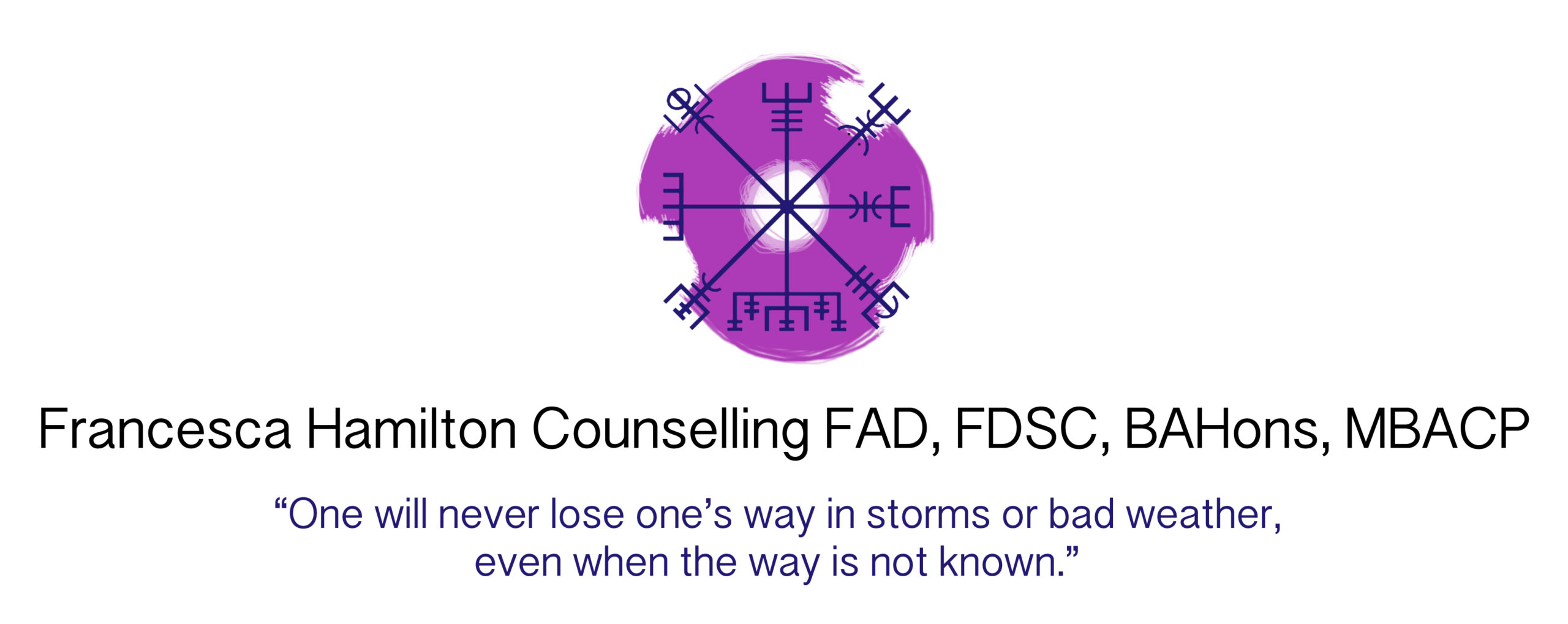How do we get started?
Please contact me either through my telephone number, email or website. We will discuss arranging an initial session where we will complete a therapeutic contract and assess what you would like from therapy.
What is confidentiality?
Anything you say in therapy is confidential. I have supervision once a month to discuss my work, but I keep clients anonymous. I protect your privacy by not revealing the content of therapy, or even the fact you are in therapy to any outside party, excluding my supervisor. I will protect your personal details in line with data protection and GDPR. There may be some times when confidentiality has to be broken in order to prevent harm to yourself or others. This is all discussed in the contract.
How should I prepare?
If you are having online or telephone therapy, you should ensure you have a confidential space where you won’t be interrupted. You will need to have fully charged devices and stable internet connection. If you are having face to face therapy, you may wish to make a note of things you would like to cover if you find it helpful. Arrive promptly for your session and make payment through our agreed method. You can discuss any issue you like in therapy and we will work through that together.
How often should I have therapy?
Having sessions on a weekly basis is the most effective way to work through issues and maintain continuity. Sessions should be booked at the end of the previous session.
Do you keep records of sessions?
For my own records and supervision, I will make notes of the sessions. These are anonymous and kept securely in line with Data Protection 2018 and UK-GDPR. This means I keep records in a safe confidential space. They are kept for 7yrs and then destroyed. You can discuss with me at any time if you would like your information to be rectified or erased. Your data is not shared with any third party and is inline with Article 6 (a) Consent and (b) Contract.
Would you refer me to another service or counsellor?
Working in line with the BACP and NCS requires me to keep within my competencies and training. Therefore, ethically if I feel at any point I cannot meet your needs, I may refer you to someone more suitable. Or perhaps you would like a specific type of therapy for which I am not trained. In this situation a referral would be discussed and I would only make a referral if you gave permission.
What is the availability?
I am flexible during the week and we can discuss availability during the introductory session. I am unavailable for weekend working.
Can I work creatively?
If you wish to explore some creative methods, such as drawing, photography, object work or something else, we can discuss this and incorporate it into the sessions.
How do I know you’re the right counsellor for me?
When two people meet for any professional relationship, there may be times when something is not quite right. Sometimes this is part of therapy and can be addressed and worked through in the sessions. Other times, we may just not be a good fit for each other. We will discuss how you feel about our sessions during reviews and the introductory session. The important thing is for you to feel comfortable, safe and trusting of me.
What is the BACP and NCS?
Being registered with a professional body, such as the British Association for Counselling and Psychotherapy or National Counselling Society, means that I have achieved a substantial level of training and experience approved by them in order to practise. I have received all the appropriate checks and am approved for therapeutic work.

